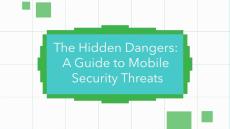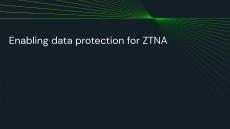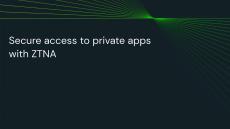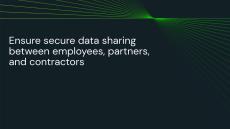- February 2025 (3)
- January 2025 (6)
- December 2024 (14)
- November 2024 (12)
- October 2024 (14)
- September 2024 (10)
- August 2024 (7)
- July 2024 (14)
- June 2024 (11)
- May 2024 (10)
- April 2024 (4)
- March 2024 (4)
- February 2024 (3)
- January 2024 (3)
- December 2023 (2)
- November 2023 (6)
- October 2023 (3)
- September 2023 (8)
- August 2023 (8)
- July 2023 (8)
- June 2023 (5)
- May 2023 (5)
- April 2023 (2)
- March 2023 (2)
- February 2023 (2)
- January 2023 (6)
- December 2022 (10)
- November 2022 (6)
- October 2022 (11)
- September 2022 (13)
- August 2022 (7)
- July 2022 (5)
- June 2022 (13)
- May 2022 (4)
- April 2022 (7)
- March 2022 (17)
- February 2022 (14)
- January 2022 (31)
- December 2021 (11)
- November 2021 (22)
- October 2021 (8)
- September 2021 (4)
- August 2021 (10)
- July 2021 (2)
- June 2021 (6)
- May 2021 (8)
- April 2021 (4)
- March 2021 (4)
- February 2021 (2)
- January 2021 (9)
- December 2020 (7)
- November 2020 (9)
- October 2020 (3)
- September 2020 (4)
- August 2020 (1)
- March 2019 (1)
- November 2018 (3)
- May 2017 (1)
- November 2016 (1)
- April 2016 (4)
Lookout is the leader in mobile security, protecting the device at the intersection of the personal you and the professional you. Our mission is to secure and empower our digital future in a privacy-focused world where mobile devices are essential to all we do for work and play.
We enable consumers and employees to protect their data, and to securely stay connected without violating their privacy and trust. Our platform uses artificial intelligence to analyze data from nearly 200 million devices and over 100 million apps to protect you from the full spectrum of mobile risk. As a result, Lookout delivers modern endpoint security with the most comprehensive protection from device, network, app and phishing threats without prying into your data.
Why Lookout for iOS, Android and Chrome OS:
- Lookout secures our digital future: We protect your smartphone, tablet and Chromebook because they are at the intersection of the personal you and the professional you. Our mission is to secure and empower our digital future in a privacy-focused world where these devices are essential to all we do for work and play.
- Protect the personal and professional you: The most common start of a cyberattack is a phishing link and mobile devices have enabled new ways to send them to you. Phishing risks no longer simply hide in email, but in messaging, social media, and even dating apps. Because we use these devices for both, protecting against phishing is critical for our personal and professional lives.
- An AI-powered security graph for mobile: We protect your data from known and unknown threats without violating your privacy and trust. In the Lookout Security Graph, we use artificial intelligence to analyze telemetry data from nearly 200 million devices and over 120 million apps. The AI of our Security Graph enables us to deliver platform modules that protect you with a lightweight app on your device.
- A platform to protect, detect and respond: Our Security Platform is built from the ground up to secure mobile devices. We protect mobile fleets of hundreds of thousands of endpoints and stop breaches by rapidly detecting and responding to incidents. From apps with malware to ransomware and phishing scams, you are protected without lifting a finger. When a threat or an attack occurs, we provide step-by-step instructions to investigate what is happening and how to fix it.
- A lightweight app for 360-degree security: With a lightweight app for your smartphone, tablet or Chromebook, Lookout protects you against the full spectrum of threats. The app stays connected with our platform in the cloud to deliver efficient protection on the device that cannot be subverted and optimizes for processor speed and battery life.
The world's first mobile EDR solution. Delivered on the only platform built for mobile from the ground up.

















